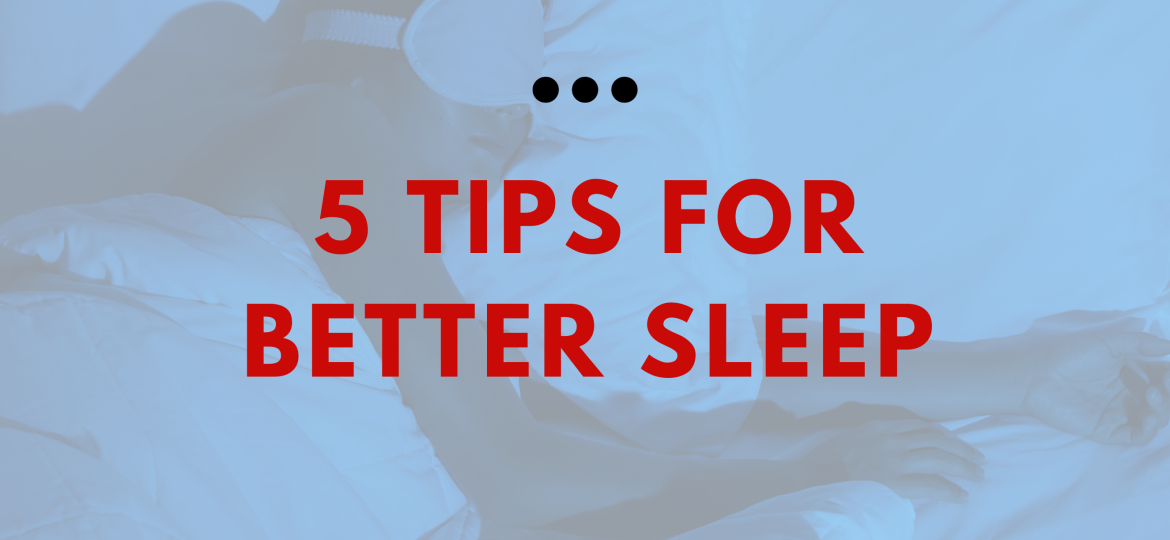
This blog post was written by Jacob Hardy, a Core Physical Therapy PT who specializes in breathing disorders.
In recent years, insomnia has become a topic of growing interest, with estimates suggesting that 30-50% of the population struggles with some form of sleeplessness. Despite increased awareness, many individuals continue to grapple with this issue and often resort to habit-forming sleep aids. As a breathing re-education physical therapist, I encounter numerous people facing sleep problems.
While working on breath is crucial for calming the nervous system and improving sleep quality, there are five practices I recommend to enhance overall sleep health.
Breathe Mindfully
Practicing conscious breathing during waking hours can significantly impact your sleep quality. Engaging in slow, mindful nasal breathing throughout the day encourages your body to maintain this practice at night. This, in turn, enhances nervous system relaxation and tension release, making it easier to unwind before bedtime.
Tape Your Mouth
Ensuring you breathe through your nose at night can be challenging. To address this issue, consider taping your mouth shut before sleep. Mouth taping promotes nasal breathing during the night and contributes to a more relaxed nervous system. Myotape from Oxygen Advantage is a good option as it gently reinforces a closed mouth without covering it completely.
Limit Screen Time
While it’s tempting to wind down with TV or social media before bed, the blue light emitted by screens stimulates the nervous system, making it harder to achieve restorative sleep. If you must use screens before bedtime, consider using blue light-filtering glasses to mitigate its effects.
Create a Sleep-Conducive Environment
Your bedroom should be a sanctuary for relaxation. Ideal sleep conditions include a cool room, around 70 degrees Fahrenheit, minimal noise, and darkness. These conditions signal to your body that it’s time to wind down and enter a state of restfulness.
Embrace Morning Sunlight
Preparing for a good night’s sleep begins as soon as you wake up. Resist the temptation to hit the snooze button and instead rise and expose yourself to 15 minutes of sunlight in the morning. This exposure helps your body awaken fully and establishes a consistent wake-sleep schedule, which can be challenging when waking at different times and lacking early sunlight exposure.
By incorporating these five simple practices into your daily routine, you can set yourself up for a more restful and rejuvenating night’s sleep. Improving your sleep health doesn’t have to be complicated; sometimes, small adjustments can make a big difference.
Contact us if you’d like to set up an appointment to address anything breathing challenges you have.
